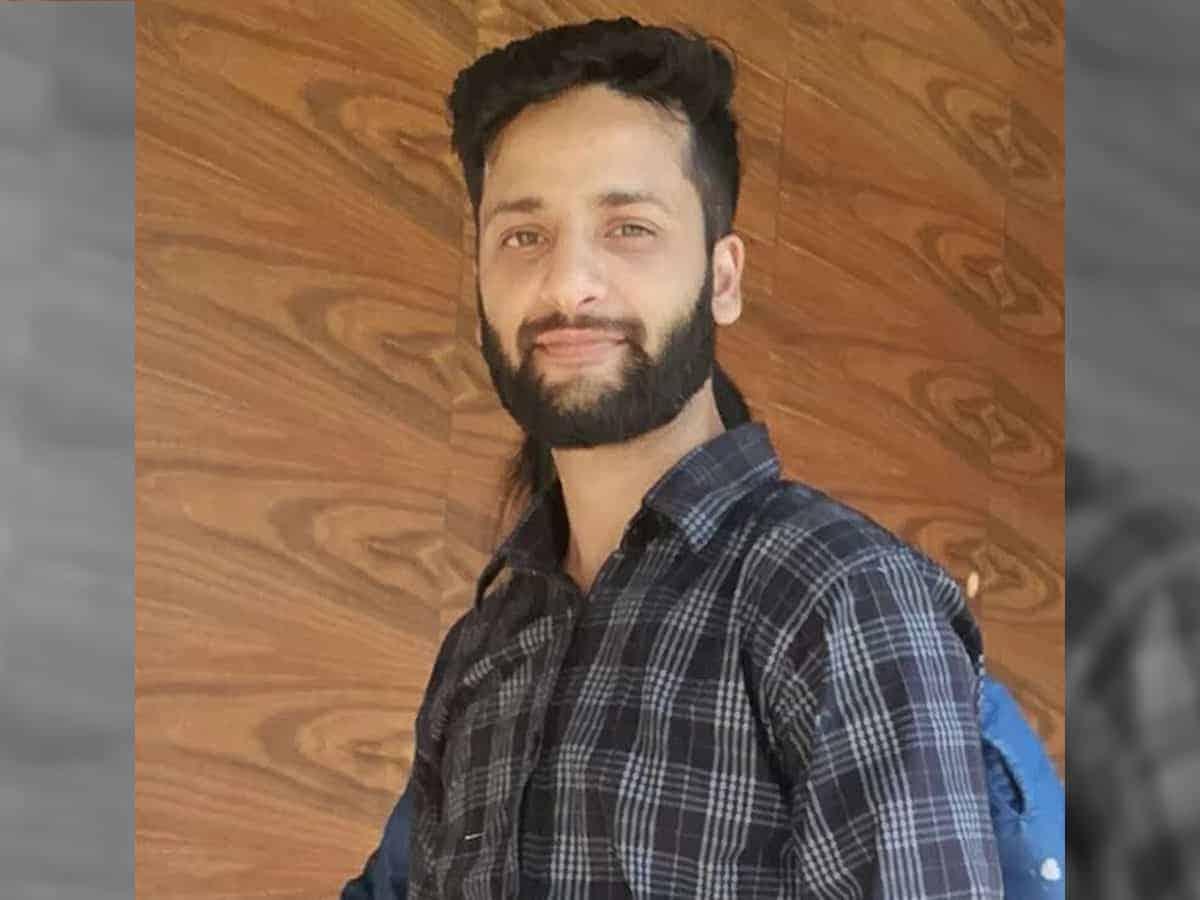New Delhi: Twenty-four-year-old Gazi Abdullah of Gundana, a village at 9,000 feet above sea level in the mountainous Doda district, is one among the 70 youths who has been declared qualified for the Union Territorys most prestigious Civil Services by the Jammu and Kashmir Public Service Commission (JKPSC).
These are the first results after the Commission was reconstituted as a legal requirement under the J&K Reorganisation Act of August 2019.
In the Combined Competitive Examination held in 2018-20, these 70 youth have qualified for recruitment on the equal number of vacancies in the Jammu and Kashmir Administrative Service, the Jammu and Kashmir Police (gazetted) Service and the Jammu and Kashmir Accounts (gazetted) Service.
Those found fit in a medical test will be appointed in the three major services.
As many as 25,188 candidates had appeared in the preliminary exams in September 2018. On August 25, 2020, the UT’s reconstituted Commission ratified and confirmed the quondam PSC’s decision and held the viva voce of the 194 candidates who appeared in the test in September 2020. Finally the selection of 70 candidates was notified on September 29.
Gazi’s mother is an anganwadi helper working with the Centre-sponsored Integrated Child Development Scheme (ICDS) for a monthly honorarium of Rs 3,000. She has never shared with her only child how her husband had died when he was just two-year-old in 1998.
How did Gazi’s father die? “I don’t know. I have never asked my mother,” he told Indianarrative.com in a conversation.
After receiving elementary education upto the fourth standard at his village’s Rafeeq Memorial Academy, his mother managed Gazi’s admission in an orphanage at Bemina in Srinagar.
He stayed at the orphanage’s boarding and lodging facility for seven years and passed his 11th standard exam before completing his 10+2 from Srinagar’s Iqbal Memorial Institute.
Thereafter, Gazi returned to his home across the Pir Panjal mountains and completed BSc from Government Degree College, Doda. His elementary schooling happened in the period of the peak of militancy in Jammu’s Chenab valley.
“I knew that I was from a downtrodden family with no support. So there was no compromise on seriousness, perseverance and focus on the studies. I used to read interviews of the IAS and other UPSC exam toppers which gave me inspiration and confidence to crack the JKPSC exam.
“I learned how to convert challenges into opportunities with full self-confidence and dedication. Finally it paid me off and I have made it to the civil services,” Gazi said.
He revealed that the first sparks of success through competition came from the lectures some visiting officers and bureaucrats delivered at the orphanage from time to time.
Unlike most of the successful candidates of his batch, Gazi has not received any coaching for the JKPSC exam.
“After BSc, I completed MSc in Botany from the Aligarh Muslim University (AMU) where I devoted maximum time to my preps for the KAS exam. I am expecting the PG results from the AMU in a few days,” said Gazi, figuring at rank 46 in the JKAS final list.
Hailing from a backward area, he has fourth rank in the RBA category.
“I am lucky enough to be one of the youngest in my batch,” he said. With the age on his side, he would rise to the rank of a Principal Secretary in his 36 years of service in the UT.
The batch’s topper Malik Kamila Mushtaq of Karan Nagar, Srinagar, is B Tech in civil engineering from the National Institute of Technology (NIT), Srinagar. Her father is a retired government employee and her mother is still in the public service. She picked anthropology as her optional subject and cracked the JKPSC exam in her first attempt.
“I had coaching for just one month in the beginning but later I relied on self-studies. My mother is the only source of inspiration for my dreams of higher civil service. She is an embodiment of courage and dedication and commitment from day one. I have inherited many of her values and attributes,” Kamila asserted.
Kamila’s younger sister has completed M Tech in electrical engineering from NIT Srinagar and her younger brother is currently in the counselling process for B Tech.
How did she trust the system in the wake of allegations of irregularities against the JKPSC which had to once cancel its declared results for the JKAS Preliminary? How was she confident that she would make it to the JKAS?
“Cynicism and scepticism are cureless diseases. Once you enter a competition, you must have full faith in the system. I am not aware of the past practices but I had full faith in the system which I found completely transparent and flawless,” Kamila said.
The number of the aspirants for IAS, IPS, IFS and the UT’s JKAS, JKPS and other gazetted service examinations has remarkably increased after Shah Faesal of Kupwara was declared as the IAS topper by the UPSC in 2010.
Even as few candidates qualified for the All-India services from J&K in the first 20 years of militancy, over 60 youths have cracked the country’s most competitive and prestigious civil services exam in the last 10 years. Hundreds of others have entered the civil administrative services, Police and Accounts service through the JKPSC exam during the same period.
The UT’s youngsters have shown remarkable enthusiasm in all the all-India competitive exams as thousands of them have appeared in 2020 not only in the National Eligibility Entrance Test for medical and engineering colleges and institutes but also for the tests of National Defence Academy which picks recruits for commissioned ranks in Army, Navy and Air Force.

